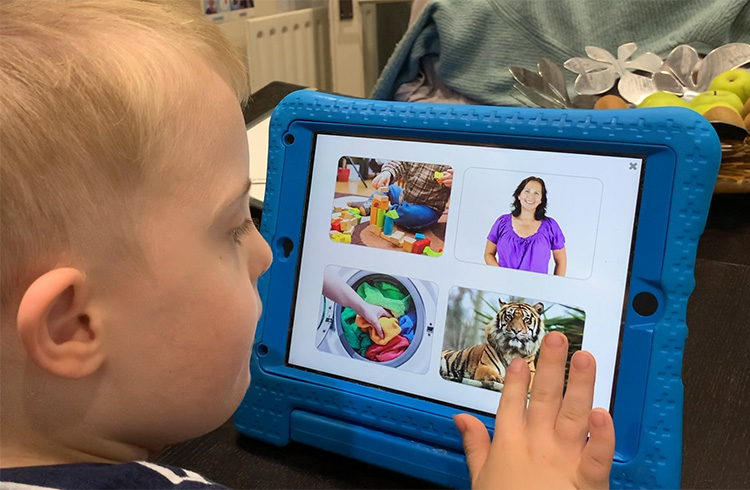Research Projects
We work to discover how and why development differs for children with Down syndrome, and how we can best help them to achieve their potential.
We support scientific research that advances our understanding of the development of children and young people with Down syndrome across many aspects of development, including cognition, memory, speech, language, reading and numeracy.
Our research has repeatedly demonstrated that children with Down syndrome can achieve more when given appropriate opportunities and effective support.

Advancing understanding for over 45 years
For over 45 years, we have conducted and supported innovative research, working in close collaboration and partnership with families and scientists around the world.
Our research has delivered important insights into speech and language, memory, reading, number and mathematics, social skills, education, sleep and behaviour for children with Down syndrome.
Today, this research guides many thousands of families, professionals and organisations, helping them provide better support, therapy and education for children and young people with Down syndrome in over 100 countries.
Down Syndrome Research Forum 2025
DSE hosts the annual Down Syndrome Research Forum, bringing researchers, students, practitioners and families together to discuss current research and practice.
The 2025 Down Syndrome Research Forum was held on 17th, 18th, and 19th March.

